While it’s unlikely your cat “hates” you in the way humans might understand hate, there are signs that your feline friend may be experiencing stress, discomfort, or dissatisfaction in their environment or interactions with you. Whether there is very much you can do to help your cat is another question considering their oft independent behaviors. Here are some indicators that your cat might not be enjoying your company or the current situation:
1. Avoidance
If your cat actively avoids you or tries to hide when you’re around, it could be a sign that they’re not comfortable with your presence or interactions.
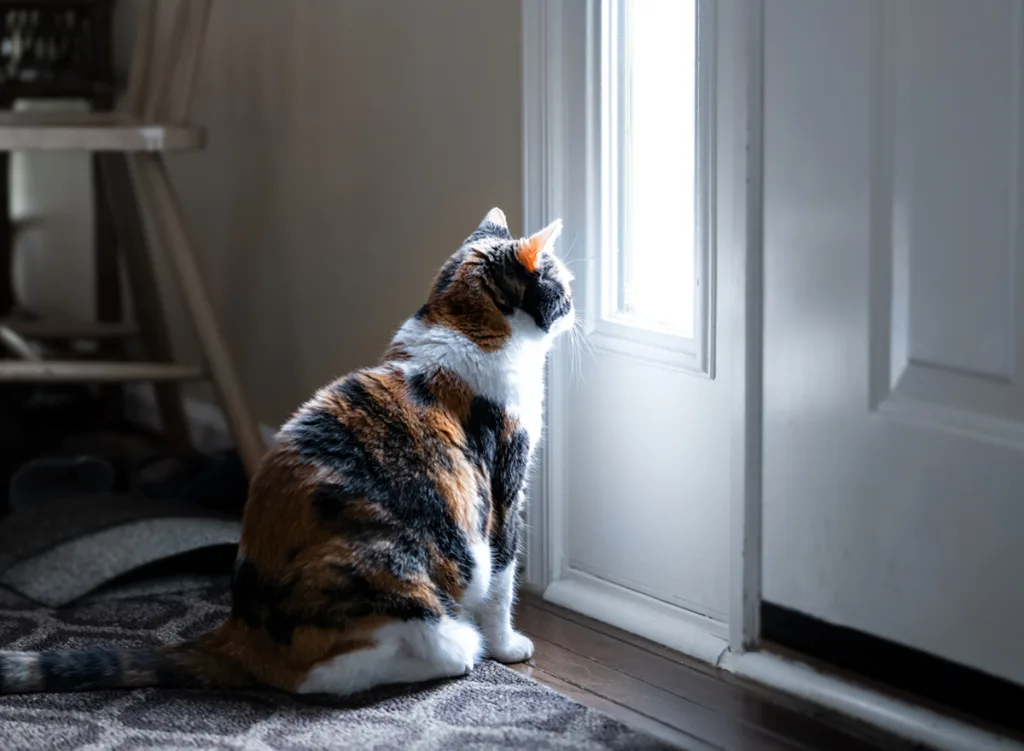
2. Hissing or Growling
Vocalizations like hissing or growling can indicate that your cat feels threatened or scared. This could be in response to something you’re doing or something in their environment that is causing them stress.
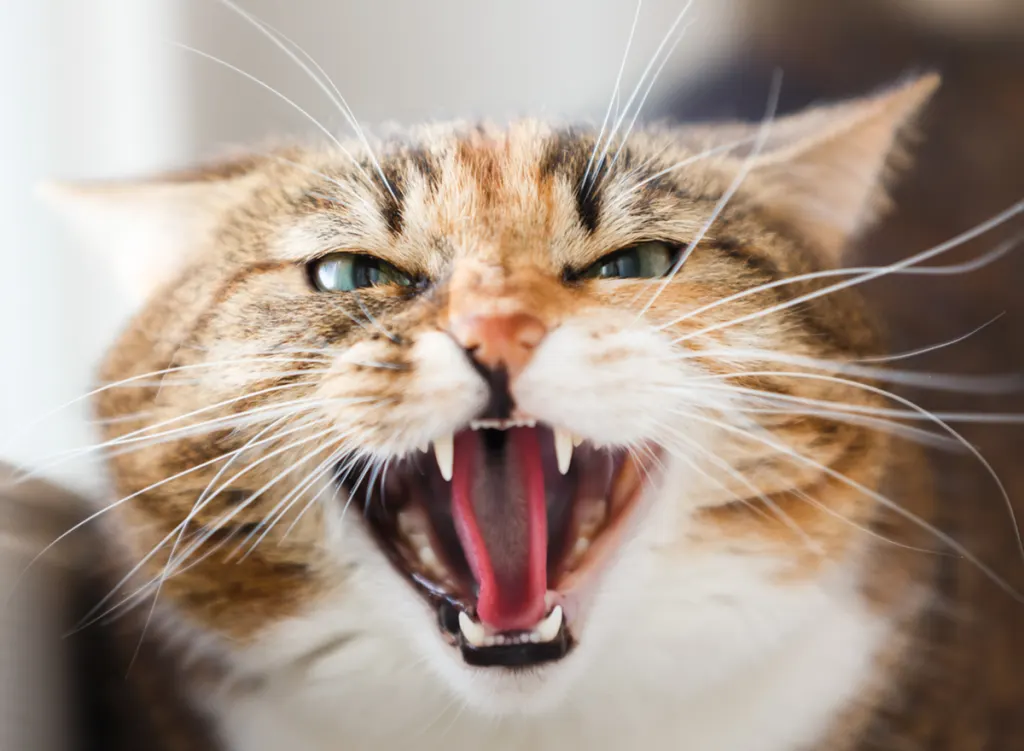
3. Aggressive Behavior
Aggression, such as biting or scratching, can be a sign that your cat is feeling frustrated, fearful, or overwhelmed. It’s important to understand the triggers for this behavior and address them appropriately.
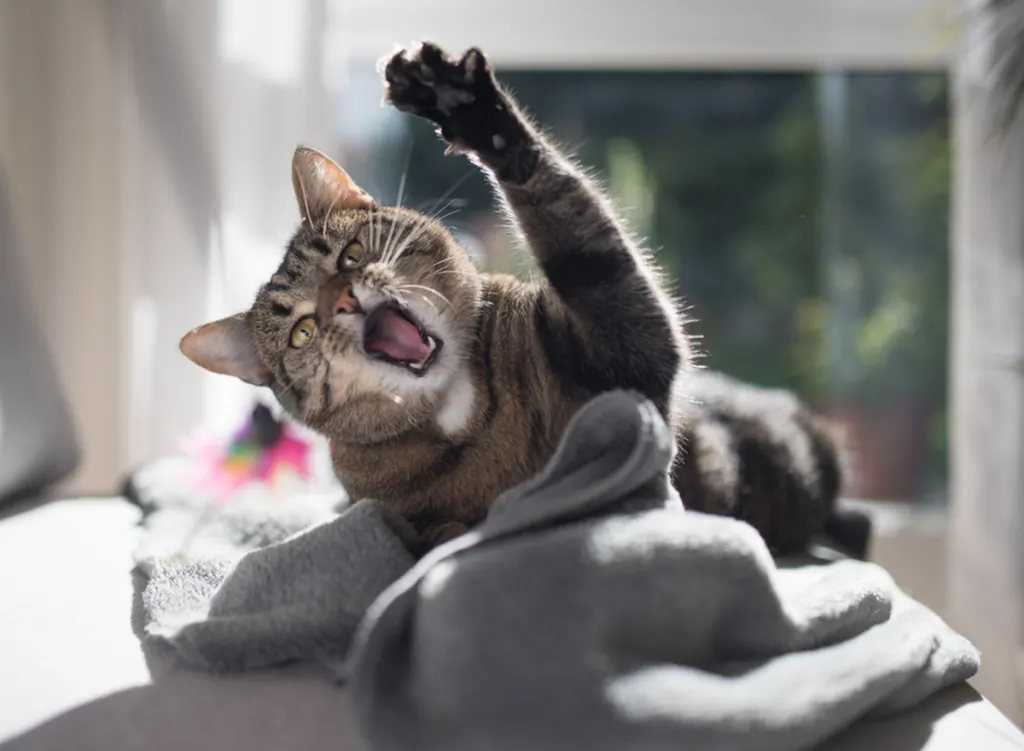
4. Refusal of Affection
Cats typically enjoy affection on their own terms, but if your cat consistently rejects your attempts to pet or cuddle with them, it could be a sign that they’re not feeling comfortable or secure.
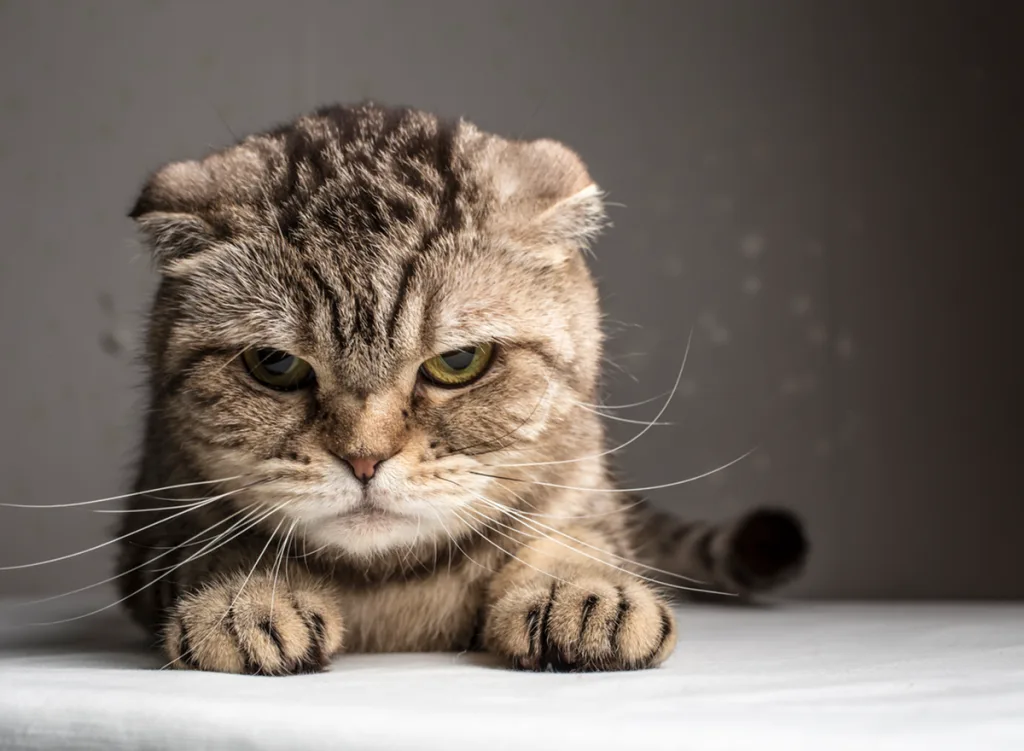
5. Change in Eating or Litter Box Habits
Changes in eating or litter box habits can indicate underlying health issues, stress, or anxiety. If your cat suddenly stops eating, starts overeating, or avoids the litter box, it’s essential to consult with a veterinarian to rule out any medical concerns.
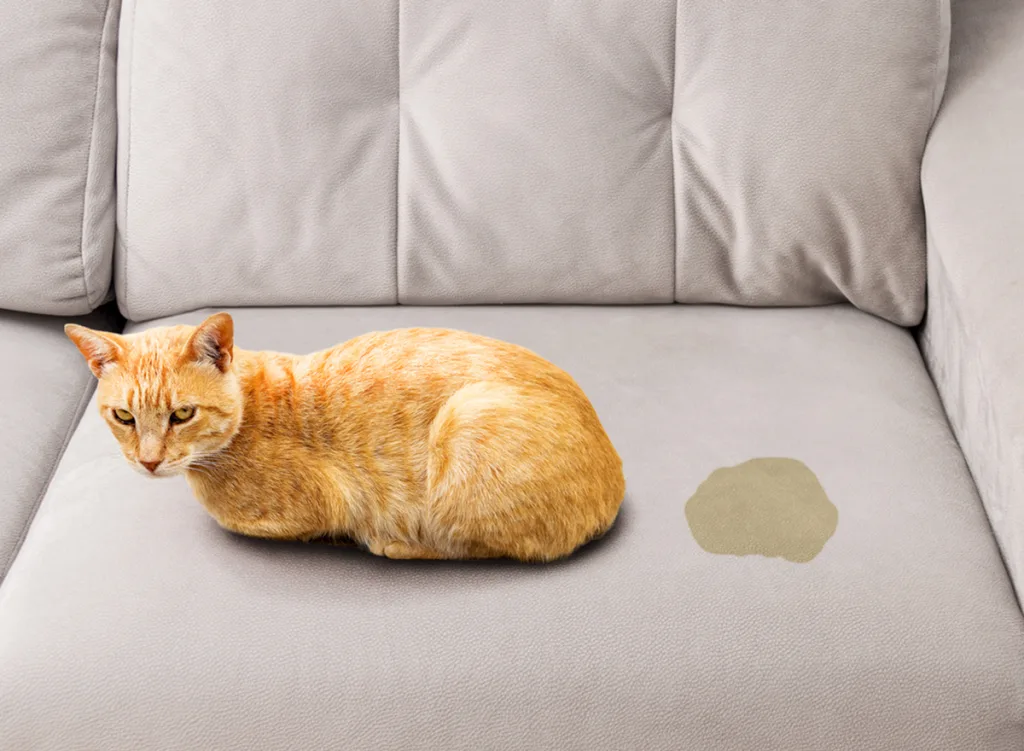
6. Destructive Behavior
Excessive scratching, chewing, or other destructive behaviors may indicate that your cat is feeling anxious or bored. Providing appropriate outlets for scratching and play can help redirect this behavior.
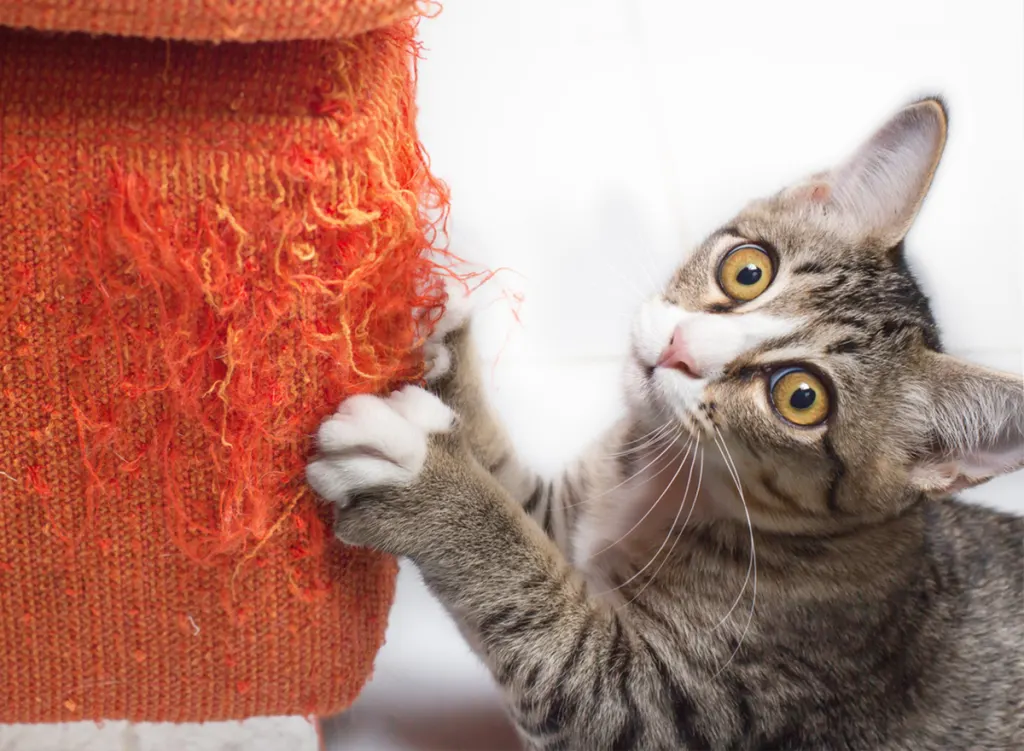
7. Excessive Hiding
While cats are known for seeking out cozy hiding spots, excessive hiding can be a sign of stress or fear. If your cat is spending a lot of time hiding and avoiding interaction, it may be a sign that they’re not feeling comfortable in their environment.
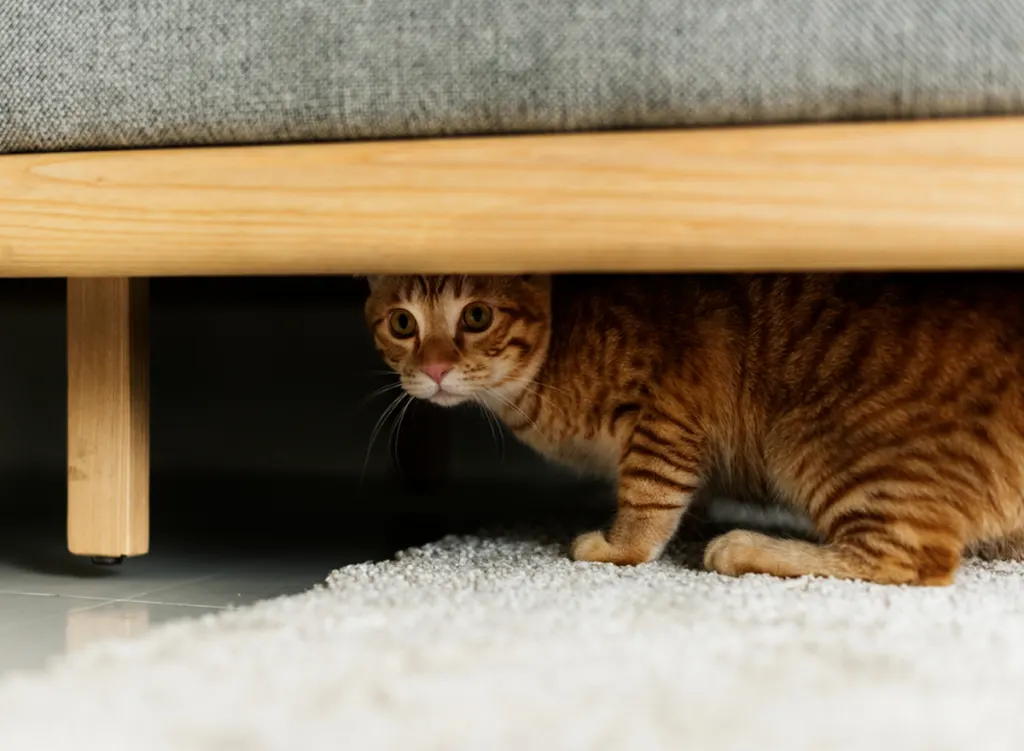
If you notice any of these signs in your cat, it’s essential to assess their environment and interactions to identify any potential sources of stress or discomfort. Providing a safe, enriching environment and understanding your cat’s individual needs can help strengthen your bond and improve their overall well-being.
